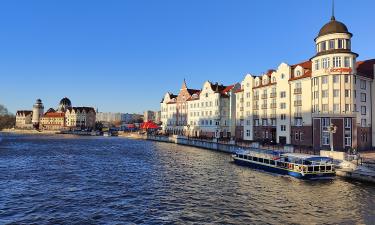World economic crisis: Japanese yen collapses and banks close
As the current wave of financial instability sweeps through the world’s financial markets, the victims of the modern economic model start to pay the price of its essential weakness. Economies are no longer based on real values but rather on speculative tendencies which one could almost call “virtual economies”. The problem with virtual economies is that they are not real. They exist like parasites in the world market, creating economic bubbles which they hope will burst in their own favour. The people involved in these markets are called “players” (indeed, instead of working, they “play”) earning surreal salaries in return for speculative financial policies which in the end can only lead to situations which we see today. Portugal’s Stock Exchange has fallen to an 18-month low, provoking chaos in certain financial departments. Wall Street is (as always) waiting for another 1929 Crash and so on and so forth, the economic wave ripples around the world. Japan, reported recently by Pravda.Ru as having serious economic difficulties, yet again feels the tidal wave from across the Pacific Ocean. The Yen is in free fall and it is said that the Daiwa Bank and Chuo Mitsui Trust and Banking are failed, in the midst of reports that the Fitch agency has increased the risk of credit in Japan. Yet again, the markets react in knee-jerk reflexes to speculative trends, not based on monetary, industrial or bullion guarantees but rather whims and fantasies created by players of capitalist games which have every right to exist in a virtual world, but no place today, or ever, in the real world.
TIMOTHY BANCROFT-HINCHEY PRAVDA.RU LISBON
Subscribe to Pravda.Ru Telegram channel, Facebook, RSS!




